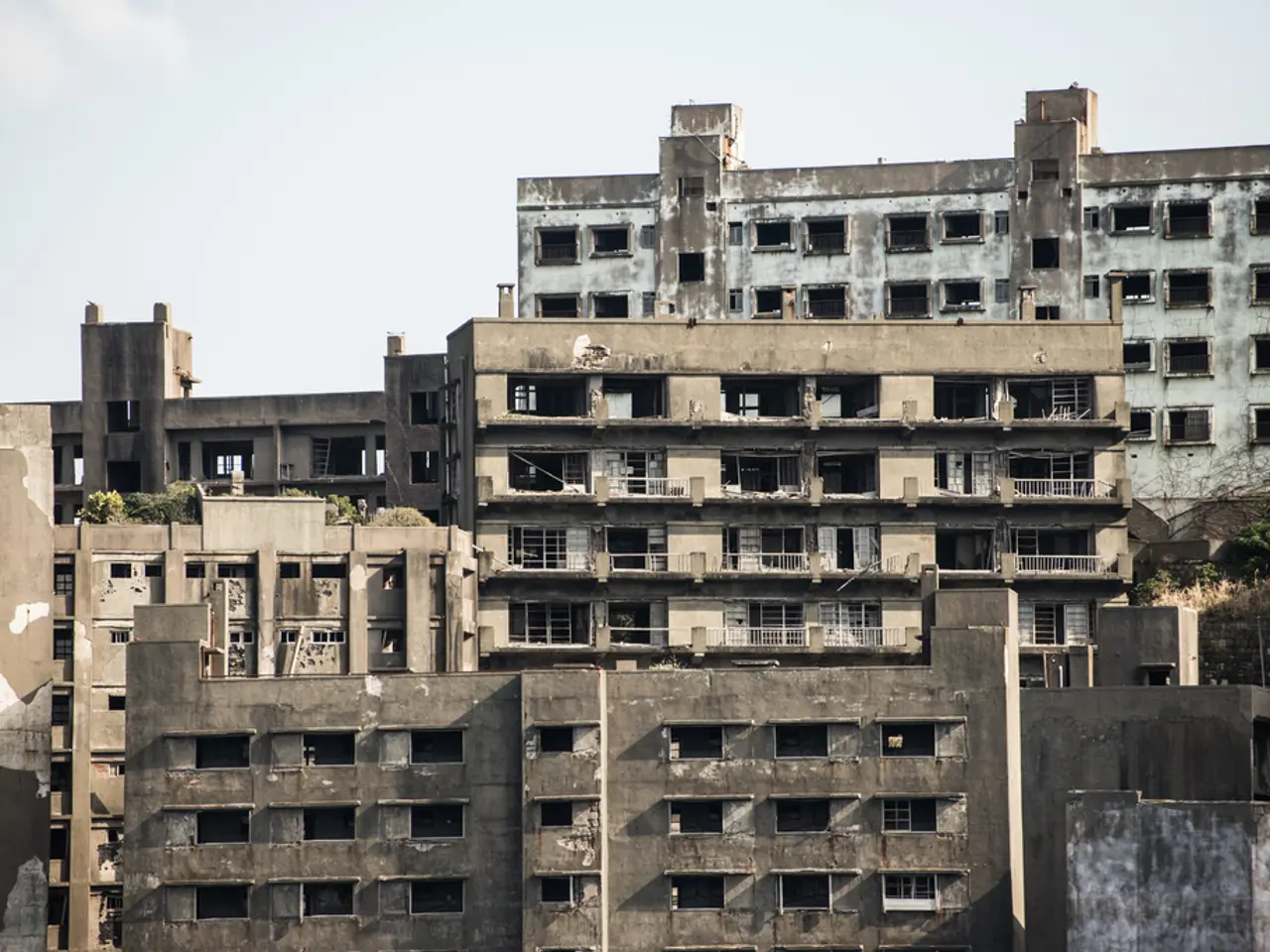Struggle between change and repeat: a look at the battle for progress
Pakistan's Economic Turnaround: A Comprehensive Approach to Sustainable Development
Pakistan's economy is undergoing a significant transformation, driven by a surge in remittances and stringent fiscal controls. The country's foreign exchange reserves have climbed to a robust $14 billion, a stark contrast to the dangerously low $3.5 billion two years ago. However, challenges remain, and a holistic approach to governance and economic reforms is crucial for sustainable development and resilience against climate-related shocks.
The energy sector requires urgent restructuring to ensure a reliable and affordable energy supply for industrial growth. Challenges such as circular debt, line losses, poor governance, and high tariffs must be tackled head-on. Export diversification is a top priority, with greater support extended to high-potential sectors like information technology, pharmaceuticals, engineering goods, and agro-processing.
Improving the investment climate is equally critical. This involves ensuring policy predictability, rationalising taxation, improving regulatory efficiency, and reinforcing legal certainty to attract both domestic and foreign investment. Modest export growth and fiscal discipline have also contributed to the surplus.
Fiscal discipline must be internalised, based on an innovative domestic agenda, not just IMF conditionalities. This includes sustainable outcome-based budgeting, targeted subsidies, and inclusive safety nets as part of a long-term national strategy. Investment in human capital is non-negotiable, focusing on education, healthcare, vocational training, and digital inclusion.
Key governance reforms include enhancing public investment planning, improving transparency, and strengthening social protection programs. These reforms aim to promote efficient, sustainable use of natural resources, support resilience against climate change impacts, and support vulnerable populations.
Targeted economic reforms include macroeconomic stabilization reforms, scaling up climate action, and implementing inclusive economic reforms. Pakistan is advocating for global financial architecture reforms to address the financing gap for Sustainable Development Goals (SDGs). This includes enhanced debt relief and deep reform of international financial systems.
Judicial and contract enforcement reforms are urgently needed to restore commercial justice and legal credibility. Empowered local governments are crucial for service delivery, particularly in providing essential services such as water, sanitation, waste management, and local infrastructure.
The tax administration must be overhauled to expand the tax base through equitable and technology-driven systems, reducing reliance on regressive indirect taxes and cutting high rates. Business confidence remains low, and risk appetite is muted. Interest rates remain in double digits, discouraging credit expansion and capital investment. Capital market deepening must be pursued to incentivise Initial Public Offerings (IPOs) and fresh listings.
Key governance reforms in Pakistan must address public financial management, prioritise public-private partnerships, and implement civil service reform for effective policy execution. Real wages have stagnated, and purchasing power continues to erode, despite a decline in headline inflation.
Continued debt rollovers by friendly countries have helped Pakistan avoid an external financing crisis. However, the real economy is struggling, with poverty rising to 44% and unemployment exceeding 20%, particularly among educated youth. Despite these challenges, Pakistan posted a $2.1 billion current account surplus in FY25, the highest in 22 years.
These comprehensive reforms are critical for Pakistan to achieve sustainable development, stabilise its economy, and improve resilience against frequent climate-related shocks.
- To ensure sustainable development and resilience against climate-related shocks, Pakistan needs a holistic approach that involves governance reforms, such as enhancing public investment planning and improving transparency, and economic reforms, like improved taxation and regulation, energy sector restructuring, and focus on high-potential sectors like technology and pharmaceuticals.
- As part of a long-term national strategy, investment in human capital is deemed non-negotiable, with a focus on education, healthcare, vocational training, and digital inclusion.
- Pakistan is advocating for reforms of the global financial architecture to address the financing gap for Sustainable Development Goals (SDGs), including enhanced debt relief and deep reform of international financial systems.
- The tax administration needs to be overhauled to expand the tax base through equitable and technology-driven systems, reduce reliance on regressive indirect taxes, and cut high rates.
- To restore commercial justice and legal credibility, judicial and contract enforcement reforms are urgently needed, and empowered local governments should be established for effective service delivery in essential sectors like water, sanitation, waste management, and local infrastructure.




